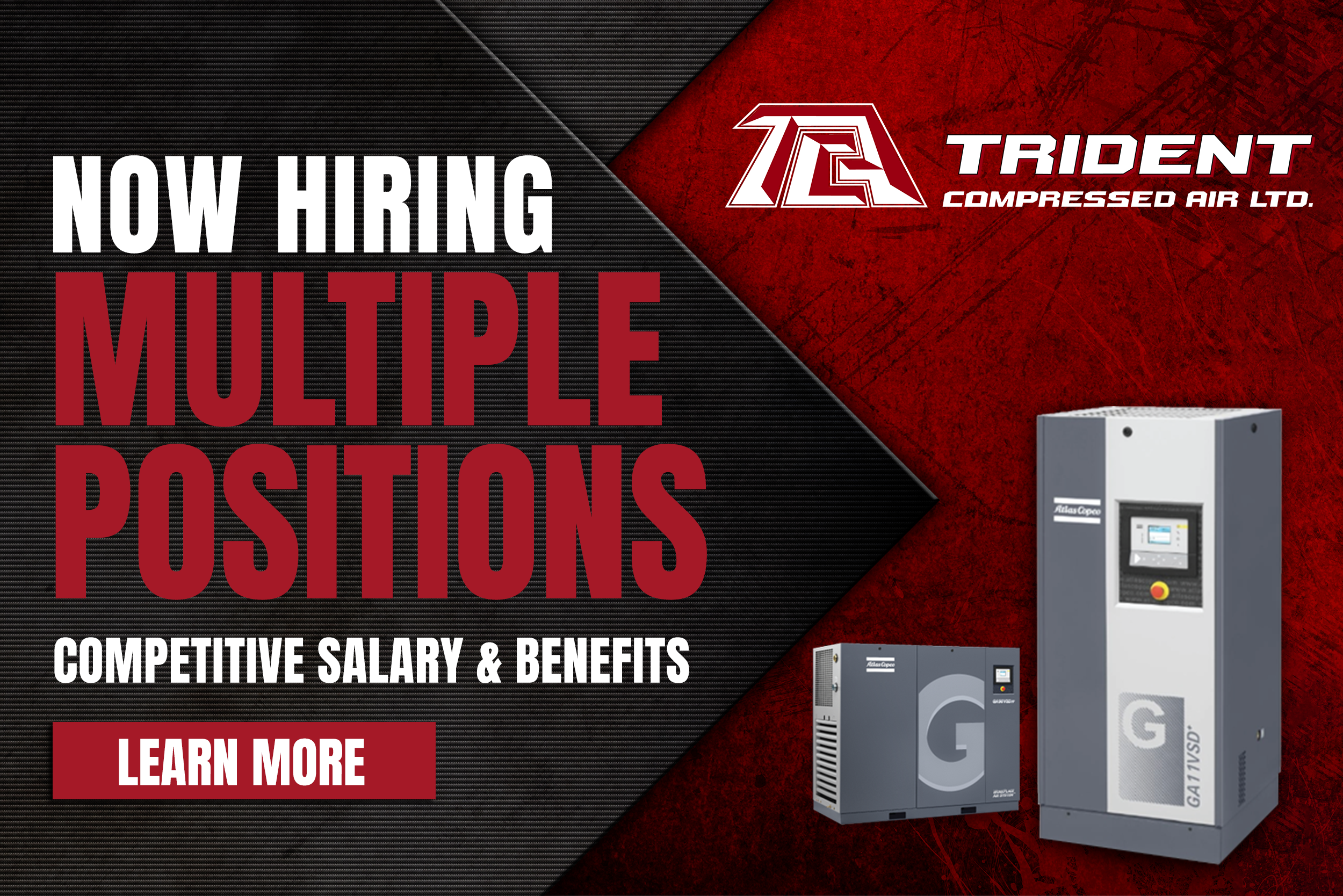
Air Compressor Buying Guidelines
Before choosing any compressor to purchase, understanding the compressor’s uses will ensure that the machine can do the required job. Buying a compressor that is too small will waste valuable time. Buying a compressor that is way too large will waste valuable resources. It is worth noting that the price of a compressor cannot be based solely on the up front purchase price of the unit. The price of any item should be based on the overall cost over an extended period of time or the life of the unit. Inexpensive units are designed to be disposable, like lighters. The questions that need to be answered are:
- What is the maximum required operating pressure? This will determine if a Single Stage or Two Stage compressor will be needed
- What is the maximum required CFM usage? Add up all of the air tools that are to be used at the same time. When looking at the compressor, add approximately 30% to the determined CFM number. This will allow for a reasonable buffer against unknown or uncommon compressor usage. Do not simply add up all of the air tools that will be used throughout the work day since this will produce an inflated CFM number and require the purchase of an overly large compressor.
- Does the machine need to be portable or stationary? Determine whether or not the unit will need to be moved around your facility or work site regularly or if it will be a stationary unit. This will aid in determining other factors such as size and weight. Higher pressures and volumes will require the unit to be larger in size and heavier in weight since horsepower requirements, pumping systems, chassis construction, electrical components, etc… will have to be larger to accommodate these increases.
- What type of drive system is needed? Electric Motor or Gasoline Engine? Knowing the environment that the compressor is to be used in will determine what type of drive system the machine will need. If there is always electrical power available, then the drive system should be an electric motor since they are significantly less expensive to buy and run and require less overall maintenance. If electrical power is not always available then the convenience of a gasoline engine driven compressor will be the way to go. They offer the best in portability and work area flexibility.
- What receiver tank size will be needed? The size of the compressor tank, usually measured in gallons, should be determined by the overall type of usage. If the usage is in short quick concentrated bursts, such as an air nailer, then a small tank size can be used. If the unit is to sustain long periods of usage, such as a board sander or impact wrench, a larger tank size will be necessary.

